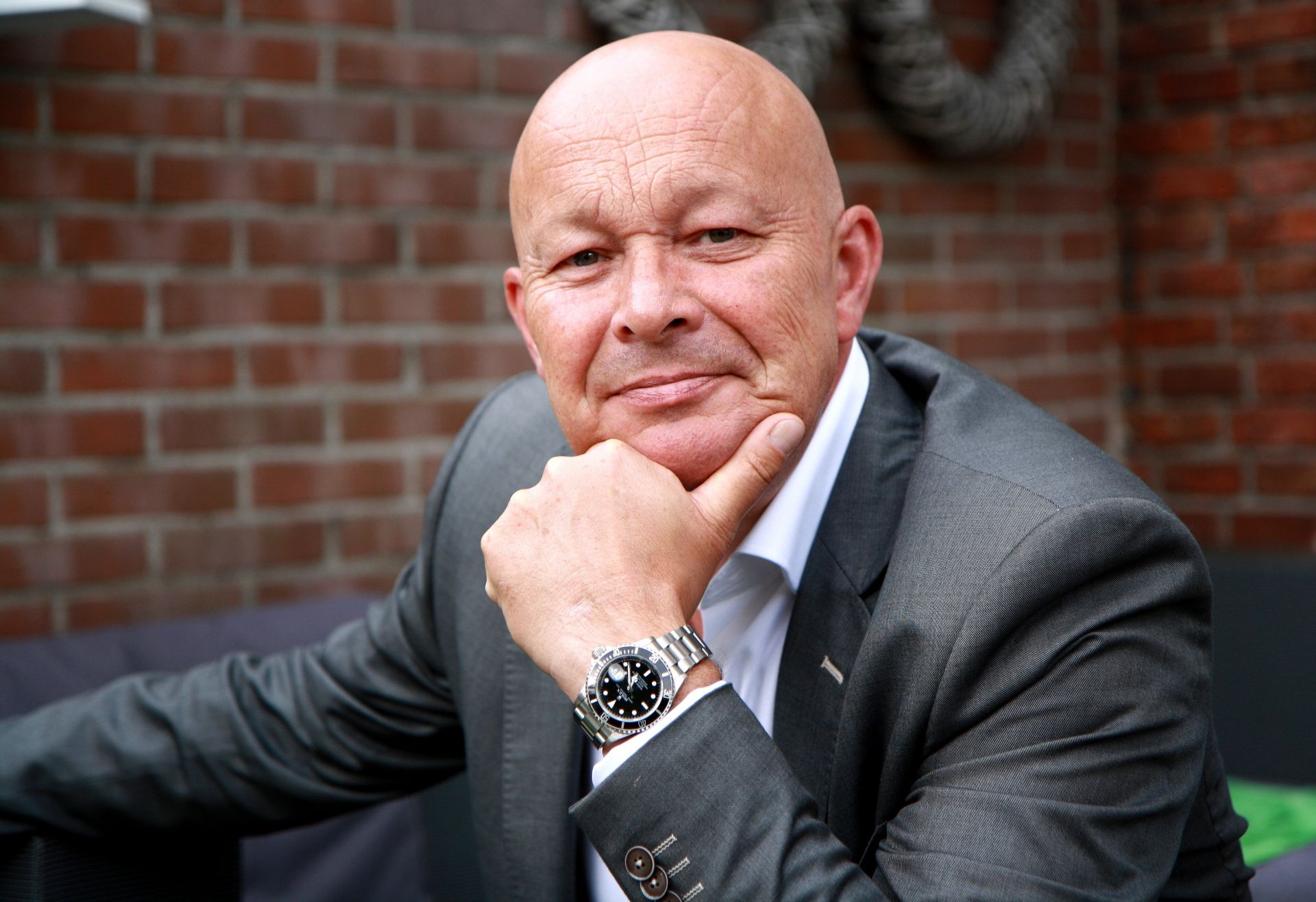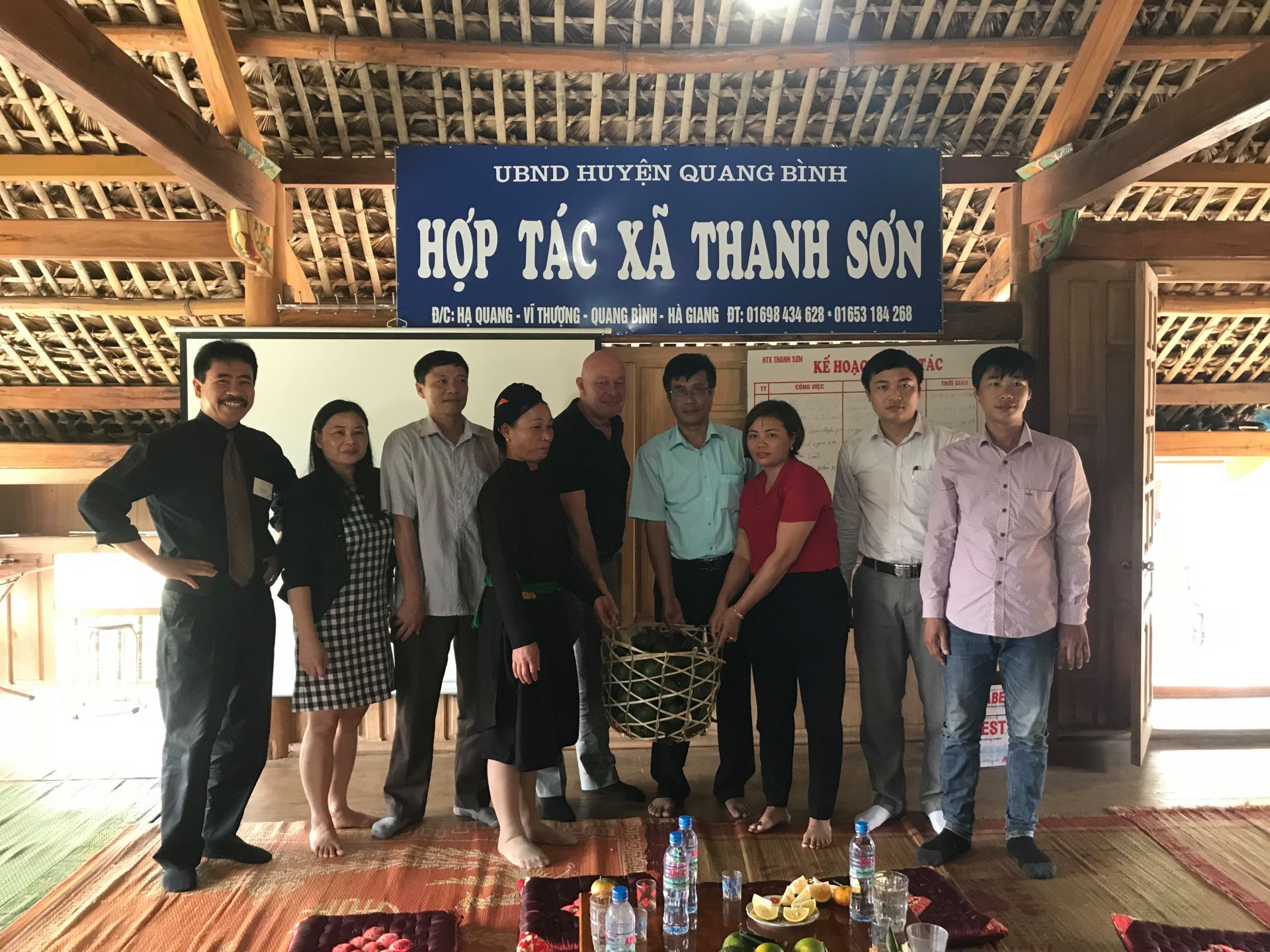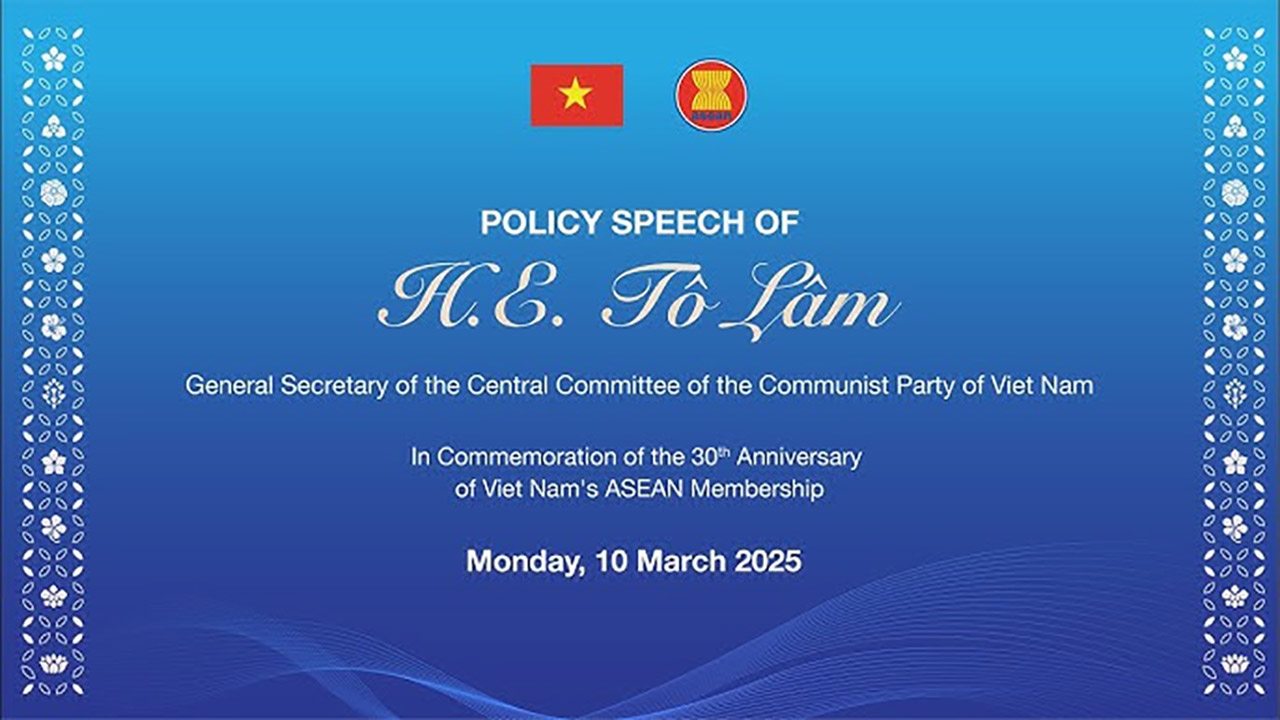
Lacking innovation remains burden on less dynamic businesses
Latest
| Related News | |
| Digital economy expected to account for 20% GDP by 2025 | |
| Stories and Optimism about Vietnam: Norway Commercial Counselor | |
PUM has had cooperation activities in 30 countries around the world. In your viewpoint, what are the obstacles of Vietnam in its promotion of strong cooperation with European countries in general and the Netherlands in particular?
PUM has focused on supporting small and medium-sized enterprises (SMEs), because they:
- Are the source of innovation
- Supply larger companies with products and services
- Are the largest source of employment
- Contribute to Gross Domestic Products (GDP)
- Generate tax revenue
Vietnam's key products are rice, cashew nuts, black pepper, coffee, tea, fishery products and rubber. Manufacturing, information technology and high-tech industries constitute a fast growing part of the economy. Vietnam is also one of the largest oil producers in the region. However, Vietnam has to face a number of environmental issues which are the effects of the Vietnam War, as well as the country's rapid industrialization following the economic reforms in 1986 known as Doi Moi. Main issues are land degradation, forest degradation, loss of biodiversity, water pollution, air pollution and solid waste management. Recently, climate change has been added as a major concern because Vietnam is considered to be one of the most seriously impacted by climate change.
Generally Vietnam will maintain macroeconomic stability with GDP growth and inflation. The business environment will be greatly improved as a result of efforts to realize FTA commitments that Vietnam gets involved in and restrict international trade disputes through new experience and adaptation capacity. Economic structure will undergo a drastic shift towards developing the support industries and partaking in international supply chains along with FTA member states. The tourism, agriculture and seafood sectors will continue to grow smoothly. The competitiveness of key export items like garments and textiles, footwear and rice will improve on the back of reduced tariff barriers and production costs, and cheaper raw materials. The consumer goods market will see improvements with better quality goods at cheaper prices. Hi-tech products are to be diversified with lower prices owing to the rapid development of science and technology.
 |
| Mr. Sven O. Dekker. (Photo: PUM) |
Looking back on PUM's 15 years in Vietnam, can you summarize about the projects of PUM in Vietnamese localities? In your opinion, which factors will help develop the extensive cooperation with provinces in Vietnam in the future?
If we look to the future of PUM in Vietnam, PUM wants to create more positive impacts. We will focus on economic clusters, with missions in the total value chain. We will maintain our focus on SMEs but also collaborate with local government and the educational sector, by doing this we will create more impact. We will also look for more follow up mission and if applicable companies can come on a business link visit to the Netherlands.
International integration has been a challenge to SMEs. In your opinion, what should SMEs pay attention to?
The European Union and Vietnam signed a Free Trade Agreement and an Investment Protection Agreement on 30 June 2019. Vietnam is the EU's 16th goods trading partner and the EU's second largest trading partner in the Association of Southeast Asian Nations (ASEAN). The EU is one of the largest foreign investors in Vietnam. The largest sector of investment by the EU is industrial processing and manufacturing.
Businesses will face increased competitive pressure and the openness of the service sector, notably financial services along with risks and higher costs for technical barriers and higher demand for financial capability and internal administration mechanisms. Bad debt and large inventories of less competitive and environmentally unfriendly products lacking technological innovation remain the burden on less dynamic businesses.
Stricter rules of origin and intellectual property right protection will be a major challenge for businesses overly dependent on outward materials, thus leading to increased costs, reduced opportunities for improving income and backward manufacturing processes of many domestic production industries. Regulations on environmental protection and labour will increase production costs of enterprises.
 |
| Mr. Sven O. Dekker at a project of PUM in Quang Binh province. (Photo: PUM) |
Can you share about the goals of PUM during your coming trip?
PUM has been active in Vietnam for more than 15 years, mainly in areas around the big cities like Ho Chi Minh City, Ha Noi, Da Lat, Da Nang and Hai Phong. In the future we would like to be active in less economically developed areas and provinces. PUM has a very good collaboration with the embassy of Vietnam in the Netherlands, the embassy always helps to introduce and promote PUM in new provinces. As an example, PUM recently did a economical factfinding mission on behalf of the embassy to Quang Tri province, to find out the most interesting economic sectors for us to support.
Thank you so much!
| The Dutch NGO Programma Uitzending Managers (PUM Netherlands senior experts) of the Netherlands has operations in 30 countries around the world. In Vietnam, PUM has been operating for over 15 years. PUM has experts working in 50 fields of which vocational training and orientation, agriculture and horticulture, startup projects, tourism,… are focused in Vietnam. PUM is currently implementing about small-sized projects in Vietnam every year. |
 | Saigon Innovation Hub joins ASEAN startup programme The Saigon Innovation Hub (SIHUB) has been appointed by the government of Malaysia as the only representative of Vietnam to join the ASEAN startup programme. |
 | “Doi Moi 4.0” needed to sustain high quality growth: report Vietnam should make a strategic shift towards a more productivity and innovation-based economy while making the most of the ongoing demographic dividend to sustain high ... |
 | Innovation, creativity - foundation for economic restructuring: PM Breakthroughs in science-technology or innovation and creativity should be added to the initial draft on socio-economic development strategies to be summited to the 13th National ... |



















